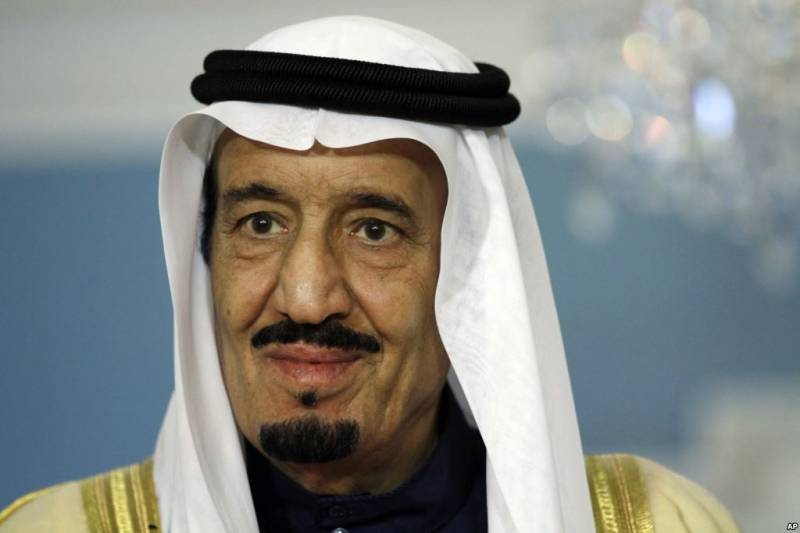The King in Saudi Arabia is the prime minister, chief of state, the head of government, and commander in chief of the military of Saudi Arabia.
The monarchy is hereditary, so there are no elections for the role. The cabinet, or Council of Ministers, is appointed by the King every four years, and includes many family members.
The legislative body, the Consultative Council currently consists of 150 members appointed by the King for a four-year renewable term. In October 2003, the Council announced its intent to start elections for one-third of the members of the Consultative Council incrementally over a period of four to five years. In September 2011 women were given the right to be appointed to the Consultative Council. This is the extent of Saudi “democracy”.
The lethargy with Saudi Arabia is marching towards democratisation makes the conservative politics of Pakistan look radical. Saudi Arabia is holding its first ever election open to female voters and candidates, in a tentative step towards easing restrictions on women. The state is owed no congratulation for this. It is not a favour it is doing to women; this is something that should have been guaranteed to women as citizens of the country a long time ago. It’s not like the system works well for the male population either. This is a system where political parties are not permitted and locally elected officials are virtually powerless to oppose state policy.
Not many women are expected to win seats because their inclusion is meant to be a token measure to appease western and liberal critics.
Women in the kingdom are, however, trying to find a silver lining; at least they now get to vote, whatever the system and social customs.
Protests, even small ones, are not tolerated. The people of Saudi Arabia have no channels to cause change, except for changing the system from within. The problem with this is that when one cannot stand against a system one becomes part of it, and change becomes a slow process.
The female candidates will not only be contending with men, but with a deep societal belief among many voters that women do not belong in public life. This belief must be done away with if the Saudi people are to ever have a real say in the politics of their country.






